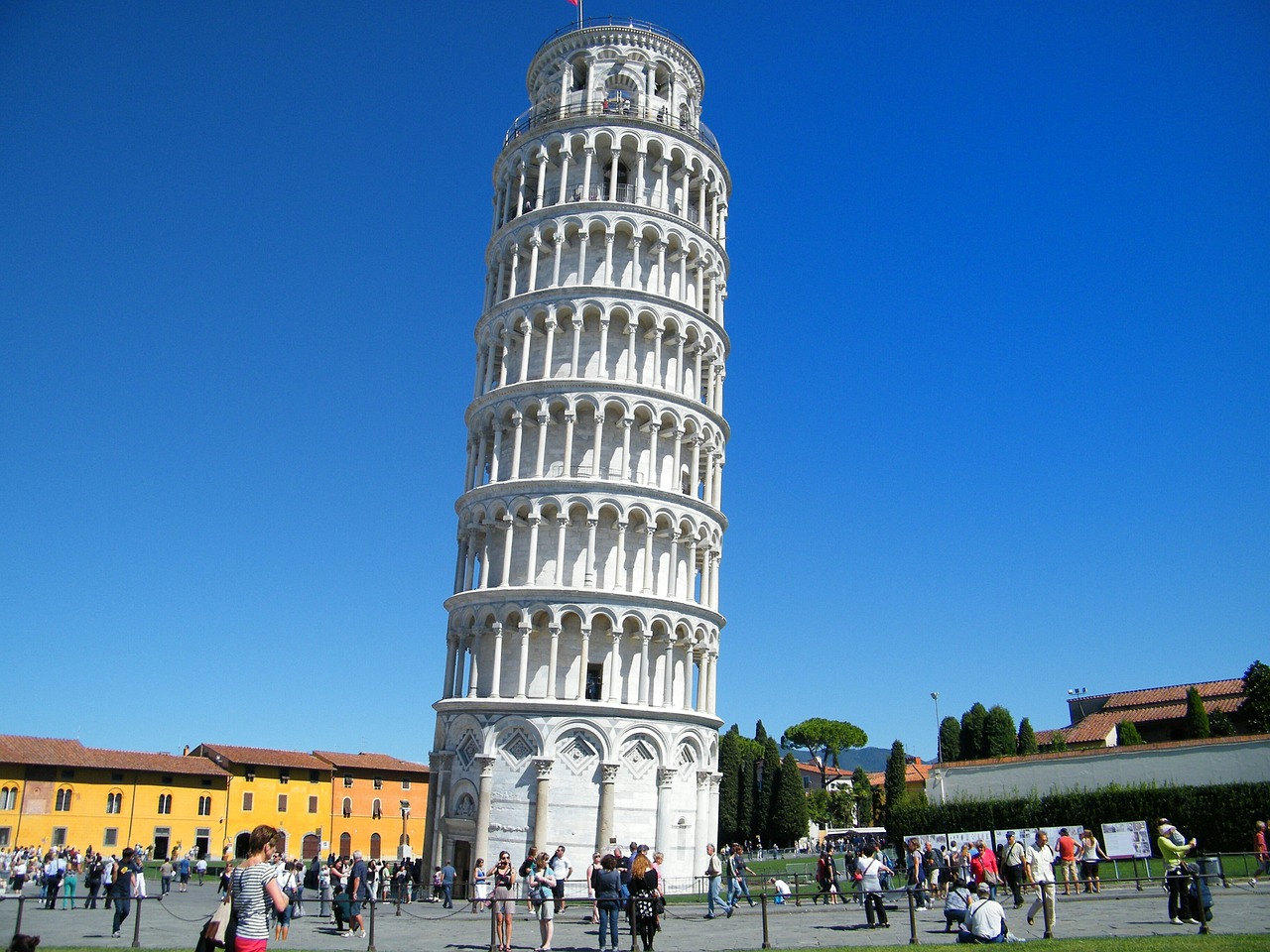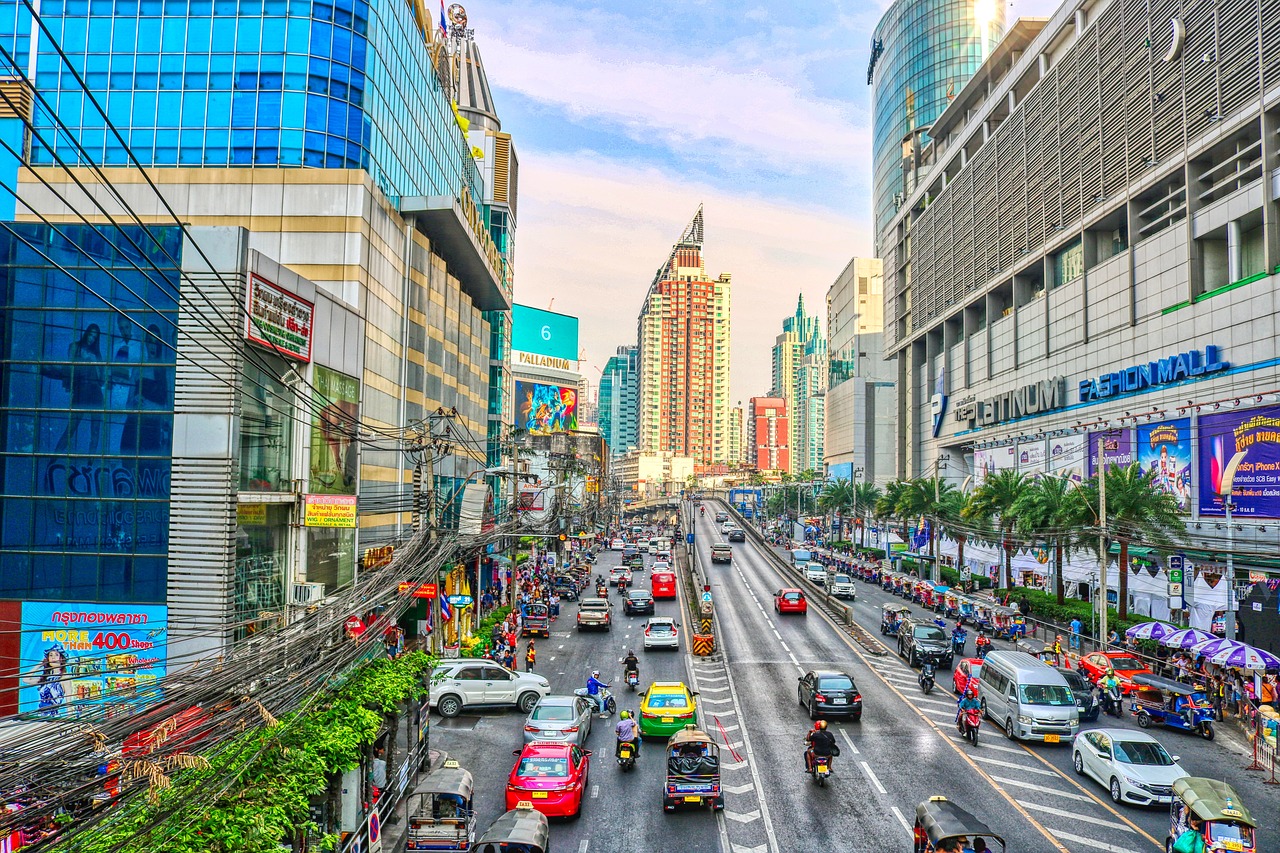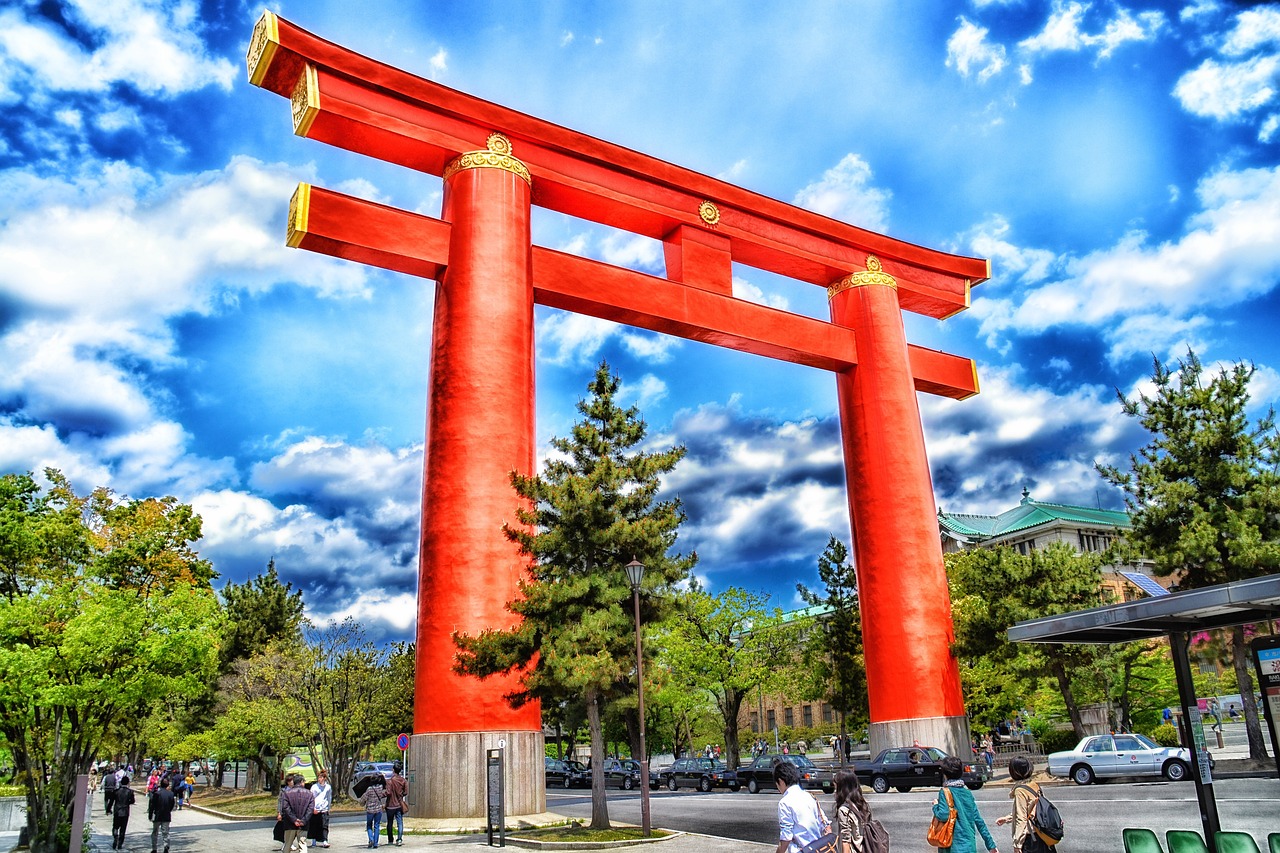In our fast-paced world, people are increasingly recognizing the importance of maintaining good health and overall well-being. This growing awareness has given rise to a booming industry known as health and wellness tourism. But what exactly is health and wellness tourism, and why has it become such a prominent aspect of modern travel? In this article, we delve deep into the definition of health and wellness tourism, its evolution, key components, and the reasons behind its popularity.
Understanding Health and Wellness Tourism
Health and wellness tourism, often referred to as medical tourism or wellness tourism, encompasses a broad spectrum of travel experiences that focus on improving and maintaining one’s physical, mental, and emotional well-being. Unlike traditional tourism, which primarily revolves around leisure, relaxation, and exploration of new destinations, health and wellness tourism places health and wellness at its core. It seeks to provide travelers with opportunities to enhance their health, address specific health concerns, and promote a holistic sense of well-being.
Key Components of Health and Wellness Tourism
Medical Tourism:
Medical tourism involves traveling to foreign countries or specific destinations to receive medical treatments or procedures that may be more affordable, have shorter waiting times, or offer specialized expertise. Common medical tourism procedures include cosmetic surgery, dental treatments, fertility treatments, and more.
Wellness Tourism:
Wellness tourism emphasizes preventive and holistic approaches to health and well-being. It often includes activities such as yoga retreats, spa visits, mindfulness workshops, and fitness vacations. Travelers seek relaxation, stress relief, and personal growth through these experiences.
Alternative and Complementary Medicine:
Many health and wellness tourists are drawn to alternative and complementary therapies that may not be readily available or widely accepted in their home countries. These therapies can include acupuncture, traditional Chinese medicine, Ayurveda, and naturopathy.
Rehabilitation and Recovery:
Individuals recovering from surgeries, injuries, or illnesses may opt for health and wellness tourism to access specialized rehabilitation programs and services. These programs can range from physical therapy and post-operative care to mental health support.
Nutritional and Dietary Tourism:
Some travelers seek destinations known for their healthy cuisine, organic farms, or dietary programs. Nutritional and dietary tourism often includes cooking classes, culinary tours, and wellness retreats centered around food.
Spiritual and Mindfulness Journeys:
For those looking to explore their inner selves and find spiritual peace, health and wellness tourism offers opportunities for meditation retreats, spiritual pilgrimages, and mindfulness workshops.
The Evolution of Health and Wellness Tourism
Health and wellness tourism has a rich history, dating back to ancient civilizations where people sought healing in natural hot springs, therapeutic baths, and religious sanctuaries. However, its modern form began to gain prominence in the late 20th century.
Early Foundations:
The concept of health tourism has its roots in ancient Greece and Rome, where people visited temples dedicated to the healing gods and sought treatments in natural thermal baths. Similarly, ancient India’s Ayurvedic centers attracted travelers seeking holistic health remedies.
Emergence of Medical Tourism:
The modern medical tourism industry started to take shape in the late 20th century when people from developed countries began traveling to countries like India, Thailand, and Mexico for affordable medical procedures, including surgeries, dental work, and cosmetic treatments.
Wellness and Holistic Approaches:
The wellness tourism industry gained momentum as people became more health-conscious and sought alternatives to conventional medicine. Yoga retreats, spa resorts, and wellness retreats became popular, offering relaxation, stress relief, and personal growth.
Technological Advances:
Advances in technology, particularly in telemedicine and healthcare infrastructure, have made it easier for individuals to research, plan, and access health and wellness services globally. Virtual consultations and medical records transfer have increased the convenience of medical tourism.
Integration of Travel and Health:
Today, health and wellness tourism is not limited to specific destinations or treatments. It encompasses a wide range of experiences, from medical procedures to wellness retreats, seamlessly blending travel with health and well-being.
Reasons for the Popularity of Health and Wellness Tourism
The growing popularity of health and wellness tourism can be attributed to several factors:
Cost Savings:
Health procedures and treatments can be significantly cheaper in certain countries, making medical tourism an attractive option for those seeking quality healthcare without breaking the bank.
Access to Specialized Care:
Some countries are renowned for their expertise in specific medical fields, drawing patients from around the world seeking specialized care and treatments.
Reduced Wait Times:
In countries with overloaded healthcare systems, long waiting lists for elective surgeries and treatments can be a deterrent. Health tourism offers the advantage of shorter wait times.
High-Quality Healthcare Facilities:
Many health and wellness destinations boast state-of-the-art healthcare facilities, often affiliated with renowned medical institutions, ensuring high standards of care.
Holistic Well-Being:
In an era marked by increasing stress and lifestyle-related illnesses, wellness tourism provides an opportunity for individuals to focus on their overall well-being, from mental health to physical fitness.
Cultural and Culinary Experiences:
Health and wellness tourism often incorporates cultural immersion and culinary exploration, enriching travelers’ experiences beyond just health benefits.
Privacy and Discretion:
Some individuals choose health tourism to maintain privacy and discretion regarding their medical procedures or health-related concerns.
Desire for Alternative Therapies:
Many people seek alternative and complementary therapies that may not be readily available or accepted in their home countries.
Challenges and Ethical Considerations
While health and wellness tourism offers numerous benefits, it also presents challenges and ethical considerations:
Quality and Safety:
Ensuring the quality and safety of medical procedures and treatments is paramount. Patients must research destinations and healthcare providers thoroughly.
Ethical Concerns:
Ethical issues can arise, such as organ trafficking, exploitation of healthcare workers, and questionable practices in some regions. Travelers must be aware and choose ethical providers.
Legal and Liability Issues:
Legal frameworks may vary from country to country, and patients should be aware of potential legal issues and liabilities associated with treatment abroad.
Cultural Sensitivity:
Cultural differences can impact the patient experience. Patients should be culturally sensitive and respectful when seeking healthcare in foreign destinations.
Health and wellness tourism has evolved into a multifaceted industry that encompasses medical procedures, wellness retreats, alternative therapies, and holistic well-being experiences. Its popularity can be attributed to factors such as cost savings, access to specialized care, and a growing awareness of the importance of holistic health. However, potential challenges and ethical considerations require careful research and consideration when embarking on health and wellness tourism journeys. Ultimately, health and wellness tourism empowers individuals to take charge of their health and well-being while exploring the world and experiencing different cultures.
The Future of Health and Wellness Tourism
As health and wellness tourism continues to grow and evolve, several trends and developments are shaping its future:
Personalization:
Increasingly, health and wellness experiences are becoming more personalized to meet the unique needs and preferences of travelers. Tailored wellness programs, dietary plans, and treatment options are on the rise.
Integrative Medicine:
The integration of conventional and alternative medicine approaches is gaining traction. Many wellness retreats and healthcare providers are adopting a more holistic approach to well-being.
Technological Advancements:
Technology is playing a significant role in enhancing the health and wellness tourism experience. Telemedicine, wearable health devices, and health-focused apps are making it easier for travelers to monitor and manage their health during their journeys.
Sustainable and Eco-Friendly Wellness:
There is a growing interest in sustainable and eco-friendly wellness experiences. Travelers are seeking destinations and retreats that prioritize sustainability, eco-conscious practices, and wellness in nature.
Mental Health Focus:
Mental health and emotional well-being are gaining prominence in health and wellness tourism. Destinations and programs that address stress, anxiety, and burnout are becoming more prevalent.
Digital Nomad Wellness:
As remote work becomes increasingly common, digital nomads are seeking wellness-focused destinations that offer work-life balance and opportunities for relaxation and personal growth.
Wellness Communities:
Wellness communities and residential developments are emerging, offering individuals the opportunity to live in environments that prioritize health and well-being.
Regulatory Improvements:
Governments and international organizations are working on regulations and standards to ensure the safety and quality of health and wellness tourism services. This can further enhance the credibility of the industry.
In conclusion, health and wellness tourism is a multifaceted industry that continues to grow and adapt to the changing needs and preferences of travelers. Whether seeking medical treatments, wellness retreats, or alternative therapies, individuals are increasingly turning to health and wellness tourism to enhance their overall well-being. However, it is essential for travelers to exercise due diligence, research destinations and providers, and consider ethical and cultural factors when embarking on health and wellness journeys. As the industry continues to evolve, it holds the promise of empowering individuals to take control of their health while exploring the world and experiencing diverse cultures, ultimately contributing to a healthier and more balanced global society.














